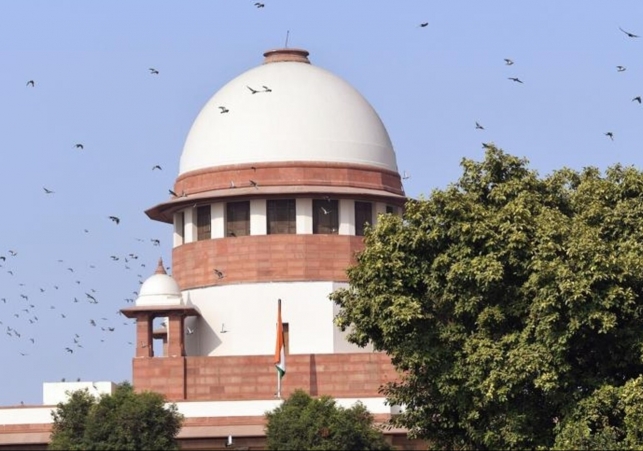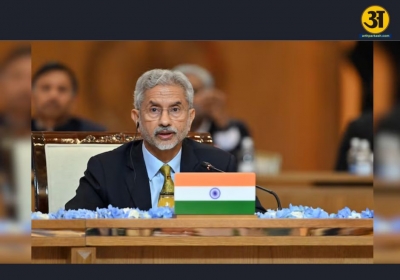
SC seeks Google India's help for bail condition location sharing
Supreme Court seeks Google India’s aid in implementing location sharing for bail conditions
- By Gurmehar --
- Friday, 23 Feb, 2024
The Supreme Court has directed Google India to provide clarification regarding the technical aspects of the Google PIN system. This move comes after the Union government failed to explain how the Google Maps PIN works, particularly in the context of using it as a condition for granting bail.
The court's decision stems from a recent trend where bail orders require individuals to share their location with law enforcement authorities. Such conditions have become common, especially with the widespread use of GPS-enabled smartphones. However, the court expressed concerns about potential privacy infringements.
Reviewing bail conditions in specific cases
The case under scrutiny involved a Nigerian national granted bail by the Delhi High Court under the Narcotic Drugs and Psychotropic Substances (NDPS) Act. The high court imposed two stringent conditions: dropping a PIN on Google Maps to track the accused's location and an assurance from the Nigerian High Commission regarding the accused's presence in the country.
In response to the court's inquiry, the Ministry of Electronics and Information Technology (Meity) suggested seeking clarification from Google India regarding the technical aspects of the Google PIN system. The court, therefore, directed Google India to provide an affidavit explaining how the Google PIN works and its implications for privacy and surveillance.
Court's interim decision
While awaiting Google India's response, the court set aside the stringent bail conditions, including the requirement to drop a Google PIN. The court granted interim bail to the accused, emphasizing that such onerous conditions could not be imposed, especially if embassies were unable to fulfill them.
ALSO READ: Supreme Court suggests restitution for cases where relief is time-barred
The Supreme Court's decision to review bail conditions aligns with its commitment to safeguarding individual rights, particularly concerning privacy. The court previously examined another case involving stringent bail conditions, indicating a proactive approach to address concerns regarding privacy and surveillance in legal proceedings.





